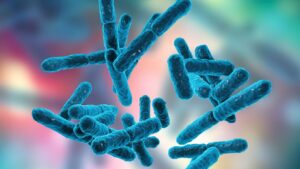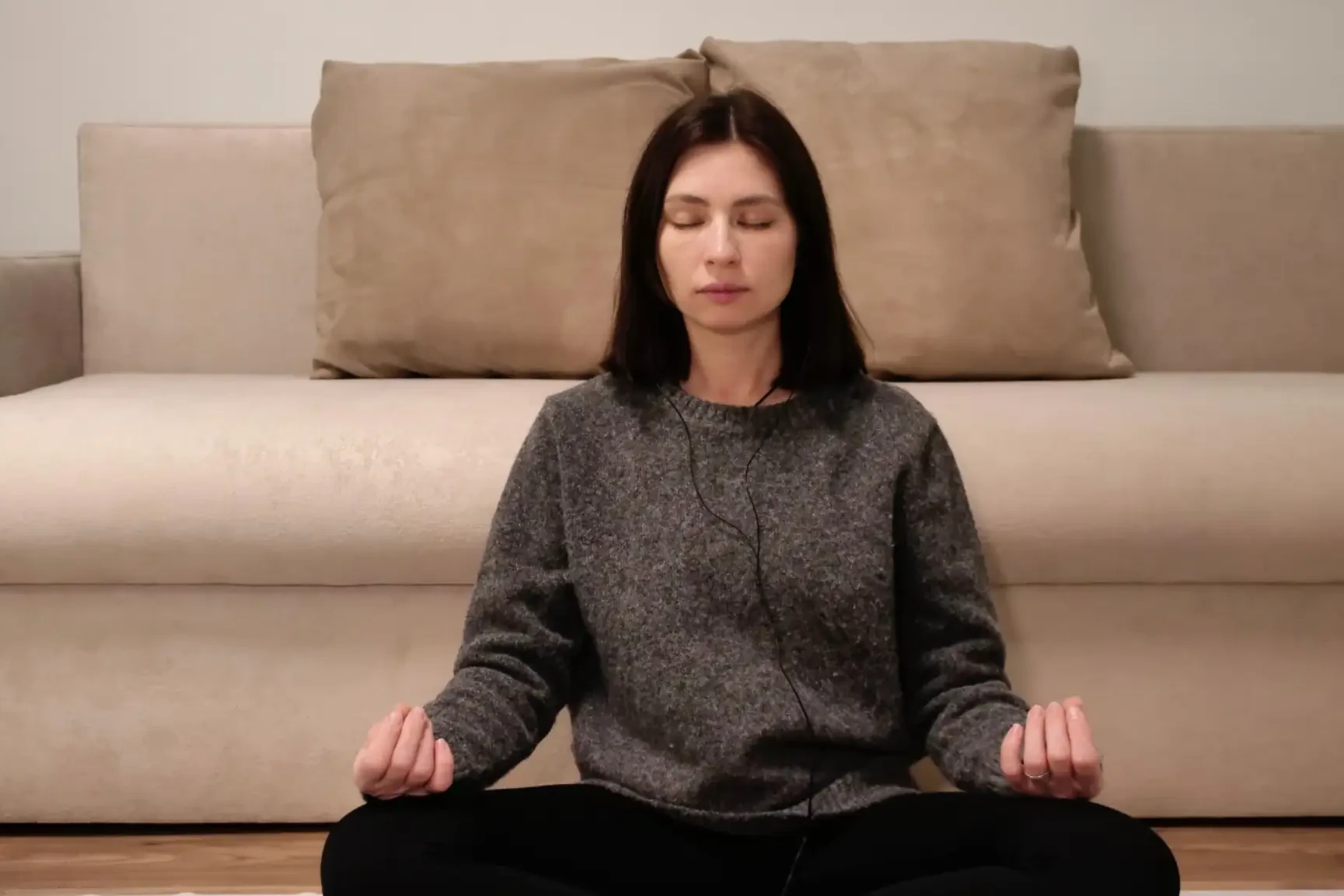Are you trying to lose weight and wonder if your sleep might be affecting your efforts? You’re on the right track! Sleep is like a superpower when it comes to staying healthy and managing your weight. Let’s explore how getting enough Zzz’s can be a game-changer in your weight loss journey.
Table of Contents
ToggleUnderstanding Sleep
First, let’s talk about what sleep is. Sleep is not just a time when your body shuts down. It’s an active period where a lot of important stuff happens in your body and brain. Adults typically need 7-9 hours of sleep per night. Kids and teenagers need even more!
The Magic of Metabolism

Your metabolism is like a little engine in your body that burns calories. When you sleep, your body is still working, and your metabolism is still running. Good sleep keeps your metabolism steady and efficient, helping you burn calories effectively.
Hormone Harmony
Sleep affects hormones in your body that control hunger. Two key players are ghrelin and leptin. Ghrelin is the ‘hunger hormone’ that makes you feel hungry, while leptin is the ‘fullness hormone’ that tells you when you’re full. When you don’t sleep enough, your body makes more ghrelin and less leptin. This means you might feel hungrier and less satisfied after eating, leading to overeating.
Craving Control
Ever noticed how you crave junk food when you’re tired? That’s not a coincidence. Lack of sleep can increase cravings for high-calorie, high-carbohydrate foods. It’s like your body is looking for a quick energy fix because it’s not well-rested.
Energy Levels and Exercise
Feeling energetic or feeling like a sloth? Sleep plays a big role here. Good sleep gives you the energy to be active and exercise. When you’re well-rested, you’re more likely to stick to your workout routine, which is important for burning calories and losing weight.
Stress and Snacking
Stress and sleep are closely linked. Poor sleep can lead to feeling stressed, and when we’re stressed, we often turn to food for comfort. This emotional eating can lead to consuming more calories than we need.
Quality Over Quantity
It’s not just about how long you sleep, but also how well you sleep. Good quality sleep means you go through all the stages of sleep, especially the deep sleep stage. Deep sleep is crucial for feeling refreshed and for the body to repair itself.
Sleep and Metabolism: The Energy Connection

Metabolism is a fancy word for how your body uses food for energy. It’s like your body’s power plant, turning the food you eat into the energy you need to do everything from running around to just thinking. When you get enough sleep, your metabolism works like a well-oiled machine. But when you don’t sleep enough, it’s like throwing a wrench in the works.
Here’s What Happens:
- Energy Efficiency: With less sleep, your body isn’t as good at using insulin, a hormone that helps turn sugar in your blood into energy. This can make your blood sugar levels go up, and over time, it can make it harder for your body to burn fat.
- Fat Storage: Lack of sleep can also make your body store more fat. When you’re tired, your body’s stress levels go up, and it starts producing more of a hormone called cortisol. High levels of cortisol can make your body hold onto fat, especially around your belly.
Sleep and Cravings: The Hunger Games
Now, let’s talk about cravings. Cravings are like your body’s way of asking for quick energy, especially when it’s tired.
Here’s the Science Behind It:
- Hunger Hormones Out of Balance: Remember ghrelin and leptin? When you don’t sleep enough, your body makes more ghrelin (the hunger hormone) and less leptin (the fullness hormone). This can make you feel hungrier than usual and less satisfied after you eat.
- Brain Changes: When you’re sleep-deprived, the part of your brain that controls decision-making gets tired, and the reward centers of your brain light up more. This means you’re more likely to reach for snacks and treats because they feel more rewarding.
- Seeking Comfort: Being tired can also make you seek comfort in food. It’s like your brain is looking for a pick-me-up, and sugary or fatty foods seem like a quick solution.
Putting It All Together
So, how do sleep, metabolism, and cravings work together? When you don’t get enough sleep:
- Your metabolism slows down, so your body isn’t as good at using food for energy.
- Your body may store more fat.
- You feel hungrier because of hormonal imbalances.
- You crave sugary and fatty foods because they seem more rewarding.
Tips for Better Sleep
Now, how can you improve your sleep? Here are some quick tips:
- Stick to a Schedule: Try to go to bed and wake up at the same time every day, even on weekends.
- Create a Sleep-Friendly Environment: Make sure your bedroom is quiet, dark, and cool. Consider using earplugs, eye shades, or a white noise machine.
- Wind Down: Develop a relaxing bedtime routine like reading or taking a warm bath.
- Watch What and When You Eat: Avoid heavy meals, caffeine, and alcohol close to bedtime.
- Limit Naps: Long naps can interfere with nighttime sleep, especially if you’re struggling with sleep at night.
- Exercise Regularly: Regular physical activity can help you fall asleep faster and enjoy deeper sleep, just not too close to bedtime.
- Unplug Before Bed: The light from screens (phones, TVs, tablets) can interfere with your sleep. Try to switch off these devices at least an hour before bed.
- Sleep and Weight Loss: A Team Effort
Remember, sleep alone won’t make you lose weight, but it can definitely help your weight loss efforts. Think of sleep as part of a healthy lifestyle, along with a balanced diet and regular exercise. When these elements work together, they create the perfect environment for weight loss and overall health.
Conclusion
In summary, getting enough quality sleep is crucial for managing your weight. It keeps your metabolism running well, balances your hunger hormones, helps control cravings, gives you energy for exercise, and reduces stress-related eating. By following the tips for better sleep, you can make your weight loss journey smoother and more successful. So, don’t underestimate the power of a good night’s sleep! It might just be the missing piece in your weight loss puzzle.
Sweet dreams and happy weight loss journey!
About The Author

Medically reviewed by Dr. Chandril Chugh, MD, DM (Neurology)
Board-Certified Neurologist
Dr. Chandril Chugh is a U.S.-trained, board-certified neurologist with expertise in diagnosing and managing neurological disorders, including migraines, epilepsy, Parkinson’s disease, and movement disorders. His clinical focus includes evidence-based neurological care and patient education.
All content is reviewed for medical accuracy and aligned with current neurological guidelines.




